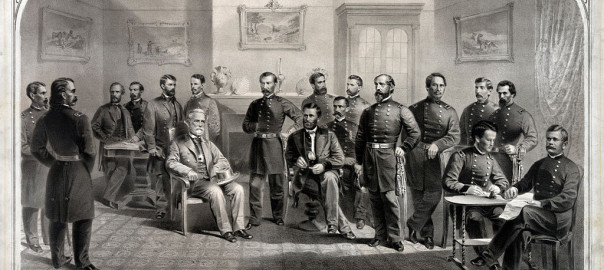Yesterday, I watched The Prince of Egypt with my kids. While it adds to the Biblical story significantly, the great film creates a credible, emotionally rich version of Moses. Raised in privilege in Pharaoh’s household, Moses discovers his Hebrew heritage and tries to fight for justice, only to find himself rejected by his kinsmen and on the run from Egypt as a fugitive. Only after living for years in exile does he receive his call from God and return to Egypt as the vehicle for the Hebrews’ emancipation.
As I watched, I realized something: the setbacks faced by Moses prepared him for God speaking into his life. He could have simply identified himself with the ruling elite of Egypt, except that he can’t ignore that he is part of an oppressed people — and that he himself was nearly killed by Pharaoh’s cruelty. His failed attempt to bring justice to Egypt made him realize the limits of human ability, while his exile in Midian became the occasion for his call from God. The Prince of Egypt does an especially good job of showing us Moses’ transformation from a brash, reckless young man into a humbled servant of God. With the full context of his story in mind, Moses’ feelings of inadequacy make more sense: he has already tried and failed. If he wanted Israel to be freed from slavey, his only option was to rely on God.
Turning Setbacks into Success
At my work, we recently completed a massive, 9-month-long software project. The project, for the most part, was a terrific success, but it didn’t always look like it would be. Right as we were moving from the design phase to implementation, one of our key team members left the company. Not only was our schedule thrown completely off, but we were left with a sizable skills and experience gap. We didn’t know when we would be able to begin the implementation, much less finish it. Continue reading Setbacks, Software, and the Prince of Egypt



